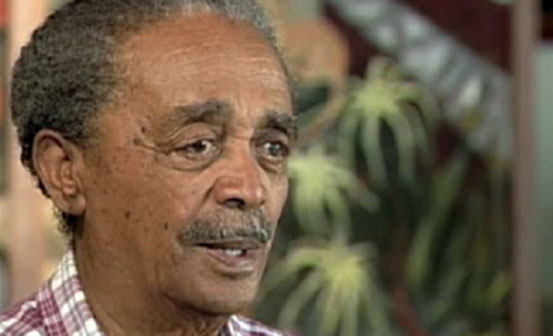×
The Standard e-Paper
Fearless, Trusted News

Renowned South African novelist and apartheid critic Peter Abrahams is dead. Abrahams, whose novel, Mine Boy, was a set book in Kenya in the late 90s, was found lying in a pool of blood in his house in Jamaica Thursday. He was 97.
Jamaican police sources said initial investigations indicated the journalist and radio commentator may have fallen off his wheelchair but the large pool of blood found at the scene of his death triggered a foul-play theory.